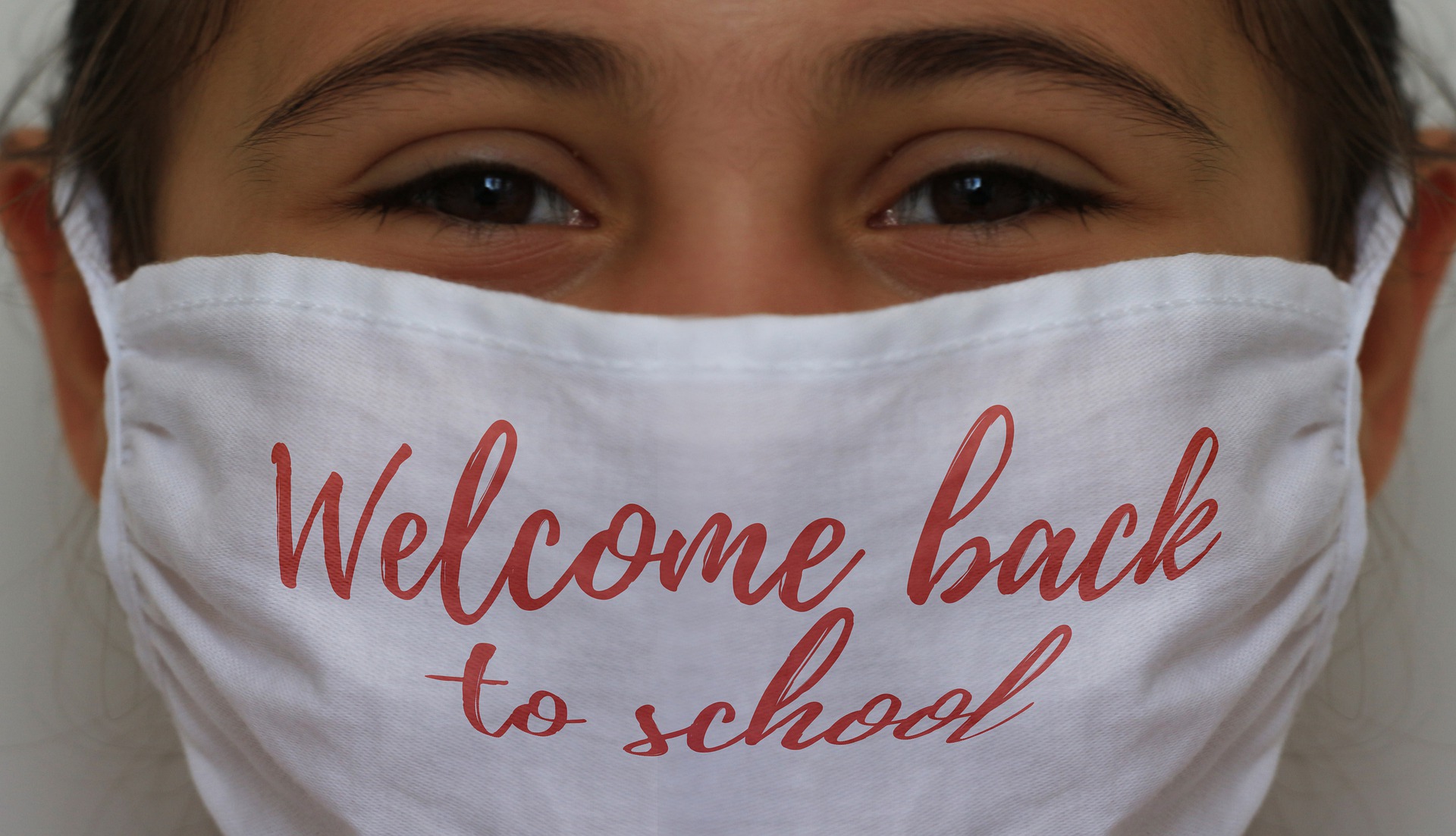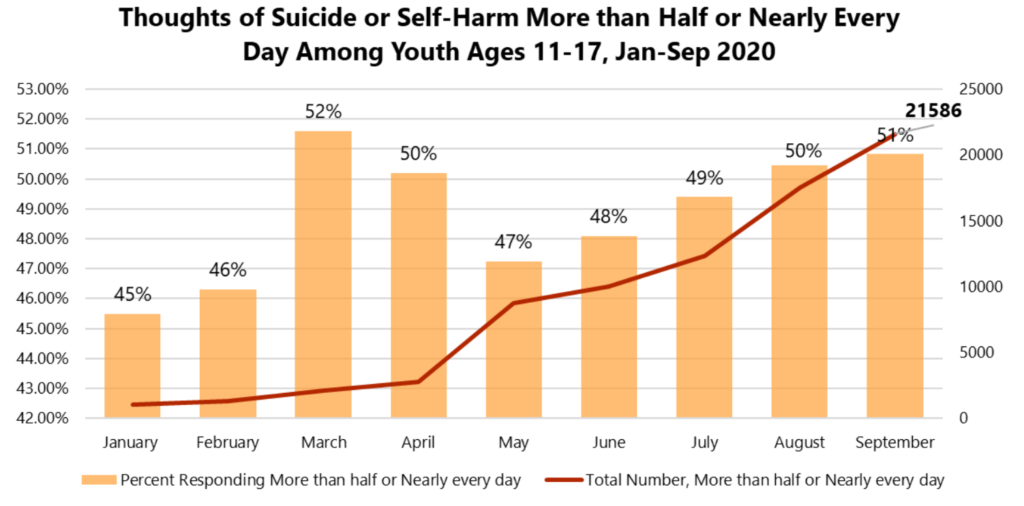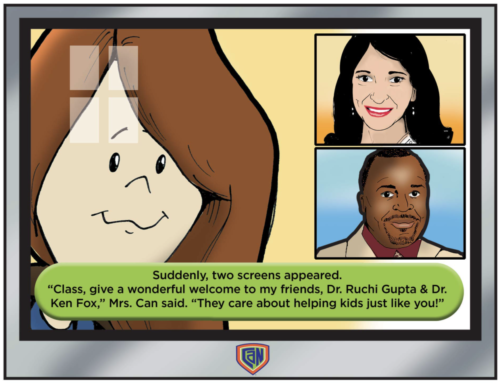
March 15, 2021
Questioning why and how to go back to school safely? Clinical Scholars Fellows offer evidence-based resources to help schools reopen in-person.
Last March, the swift closure of U.S. schools directly impacted more than 60 million K-12 students, teachers, and staff. A year later, the ripple effects of these closures have affected us all in some way. Schools are safety nets providing children with safe environments, meals, social and medical services. School closures impact the most vulnerable children and families worst. As a result, experts including Clinical Scholars Fellows are sharing why going back to school in-person can lessen the negative impacts and how reopening can be done safely.
Some children have thrived with remote learning and some have faced immense challenges. The reality is we know schools’ purpose exists beyond just academics.
Anna Volerman, Pediatrician
Why In-Person School Is Important
Did you know that more than 52% of U.S. students qualify for free or reduced-price meals? Or that 1 in 7 children have experienced abuse or neglect in the past year? Or that youth ages 11-17 reported the highest rates of suicidal ideation of any age group during the COVID-19 pandemic?

Certainly these statistics point to a few of the many and grave ways children have suffered from school closures. When all aspects of children’s health suffer, that also affects their families’ and school personnel’s health. When people can’t work because their children would’t have adult supervision otherwise, it negatively impacts our entire workforce and then economy. Meanwhile, remote learning isn’t even possible let alone effective for all students. Thus leaving many students behind in their educational development.
Returning to in-person school helps:
- Improve physical, mental, and emotional health
- Limit economic costs
- Ensure educational development
These conditions worsen every day reopening is delayed. When schools reopen, children again have access to meals, nurses, counselors, and social support. Their parents or guardians’ health will improve because of the return of those essential supports. Economies will see adults reentering the workforce along with the return of their income being spent. Additionally, educational equity will improve when technology barriers don’t prevent learning and in-person accommodations for special needs students return.
How To Reopen Schools Safely
Now, the public knows so much more about COVID-19 and what measures are effective in minimizing spread. Increasingly, people can access quick testing and receive a highly effective and safe vaccine. These safety measures and actual examples of successful school reopenings, means communities have clear and safe protocols to move forward with.
5 focus areas for communities going back to school in-person:
- Identify and address specific needs at each school
- Share facts with staff and families on COVID-19 prevention
- Adopt best practices for classrooms and schools
- Raise awareness about COVID-19 vaccine among school staff
- Disseminate clear protocols for quarantine and testing
These focus areas take into consideration how each community is unique. There are many more resources out there. For example, the Centers for Disease Control and Prevention provides their considerations for operating schools during COVID-19. Further, there are resources to help children better understand the situation including this book featuring Clinical Scholars Fellow Dr. Kenneth Fox.

What Schools Should Do Next
Communities must continue to focus on the 5 areas above and add a focus on healing. Many children and adults have endured traumatic events this past year. And for many, the return to in-person education adds new stress and trauma.
“A worldwide pandemic at the level of COVID-19 has not occurred since 1918. It’s going to take a lot of work to ensure the physical, mental and emotional health of school communities across the U.S.”
Wanda Thruston, Nurse Practitioner

Research shows there is also mental and emotional strain on teachers and school personnel. To reduce this secondary trauma, the Clinical Scholars team with Dr. Thruston recommends peer-driven workshops and peer discussion groups. As a result, a culture emerges in which the emotionally difficult aspects of educational work are openly discussed and acknowledged.
“A similar approach is already occurring among police and the military. It’s important to deal with these issues before they develop into PTSD. You need to normalize and acknowledge that these are stressful jobs. That’s a healthier way of dealing with it.”
Barbara Pierce, Social Worker
COVID-19 has left many Americans in need of help as certain communities are disproportionately affected by the pandemic due to structural inequities. In response, Clinical Scholars with the support of RWJF provided funds for 22 Fellow-led projects to help communities experiencing increasing health disparities due to COVID-19 related challenges.